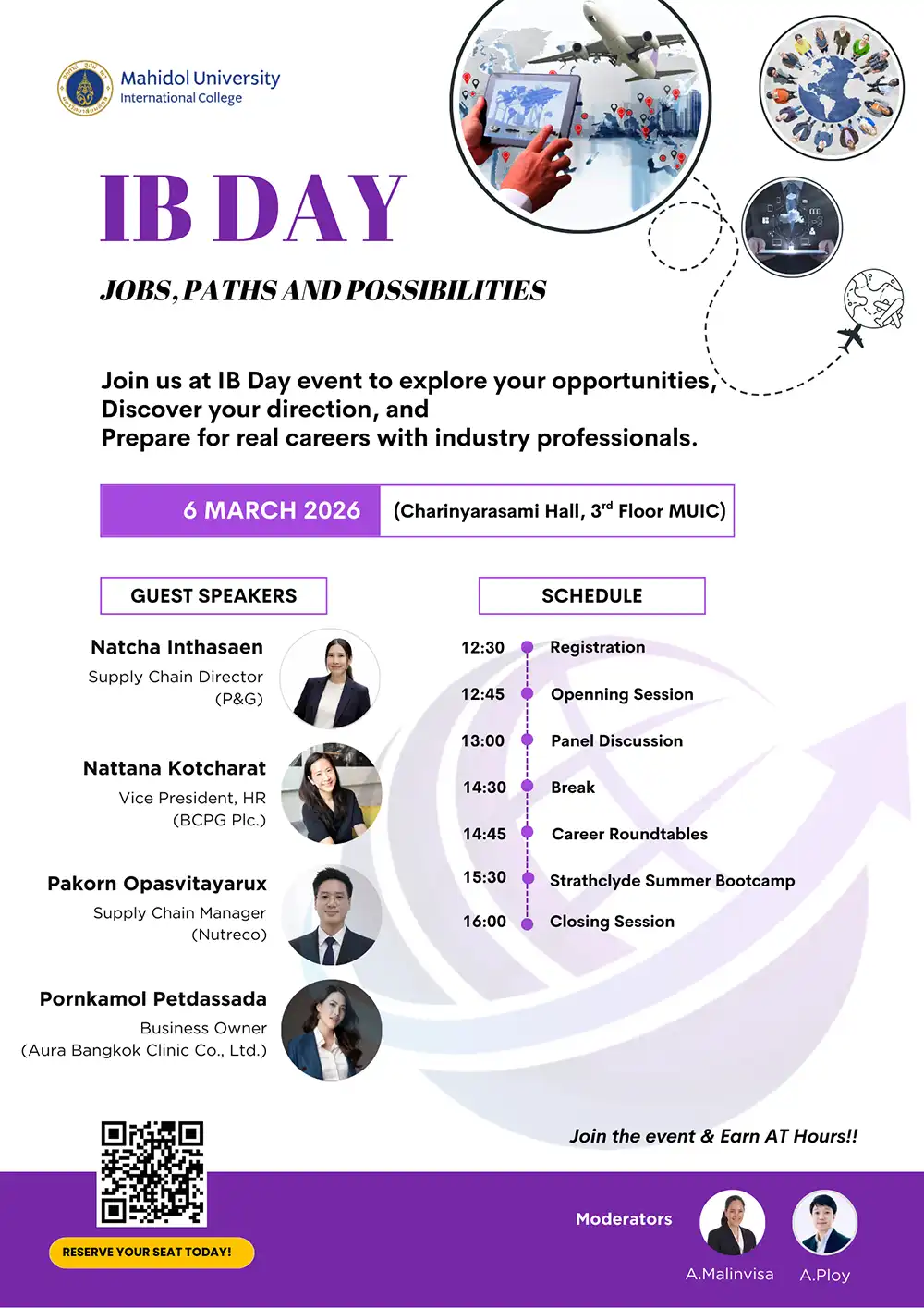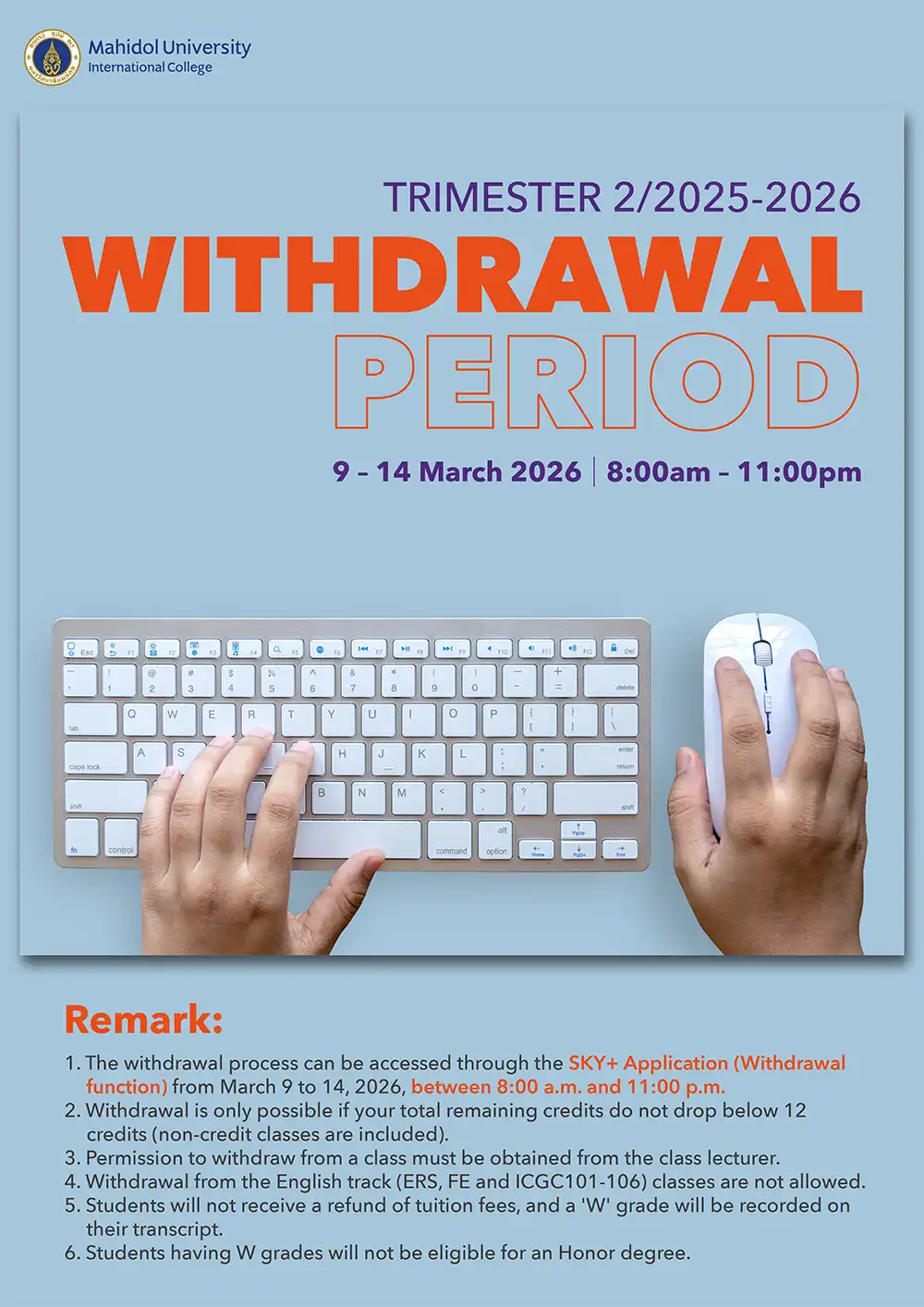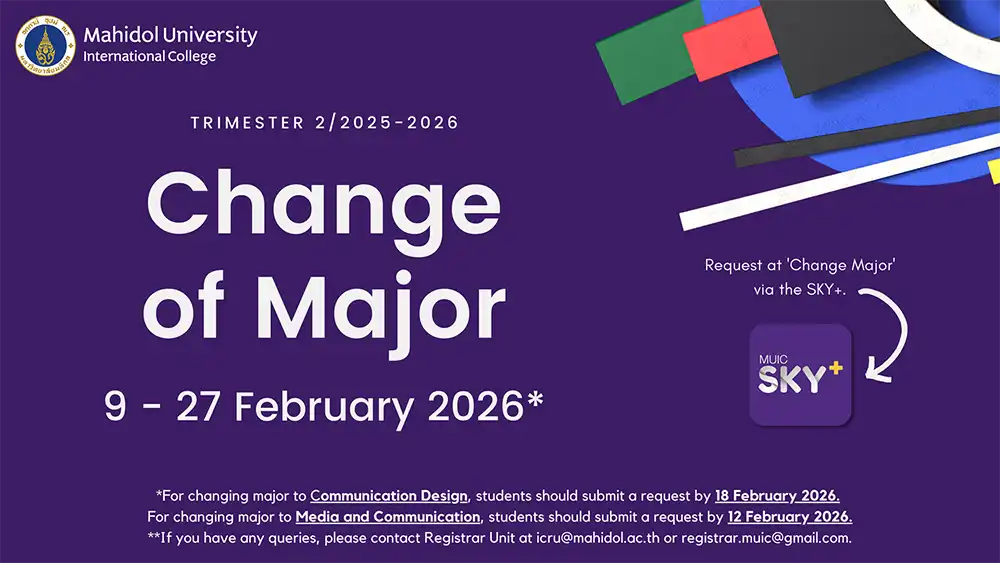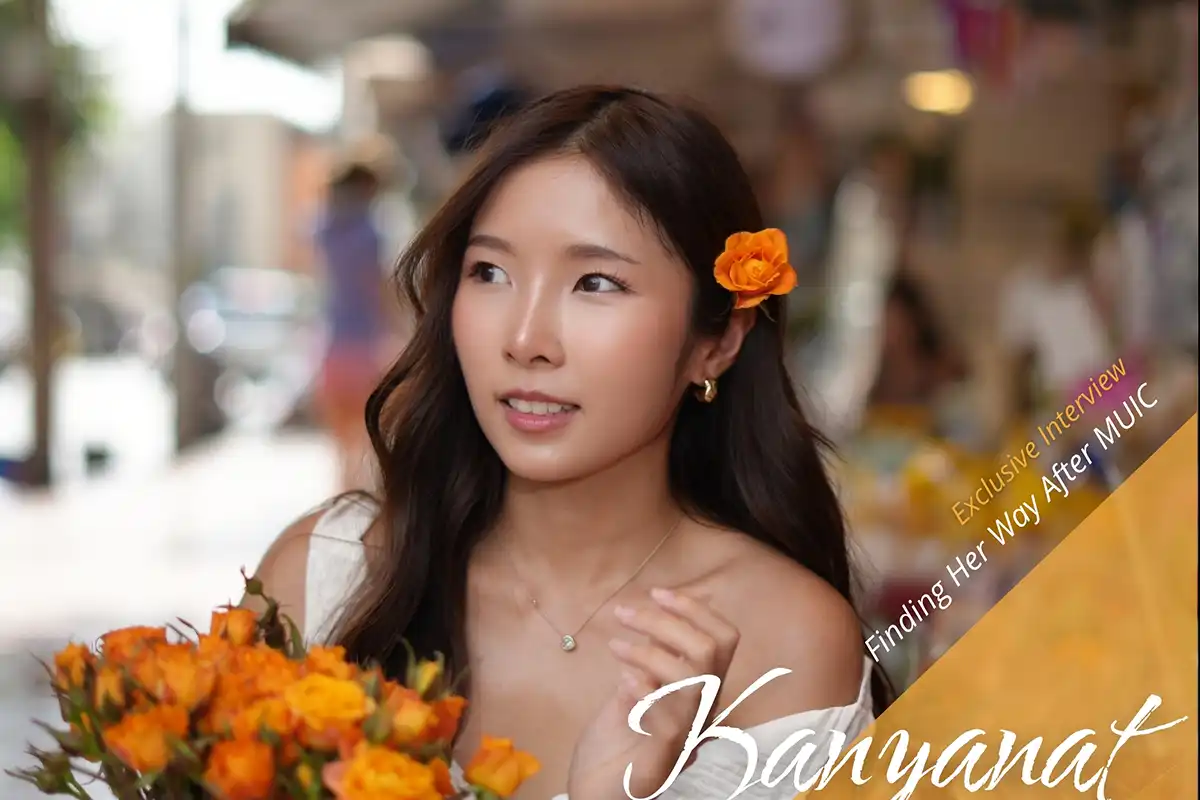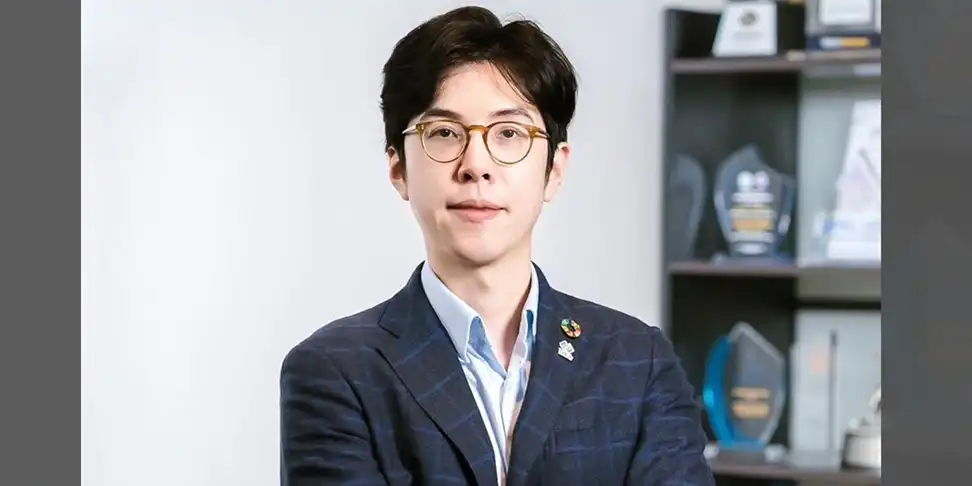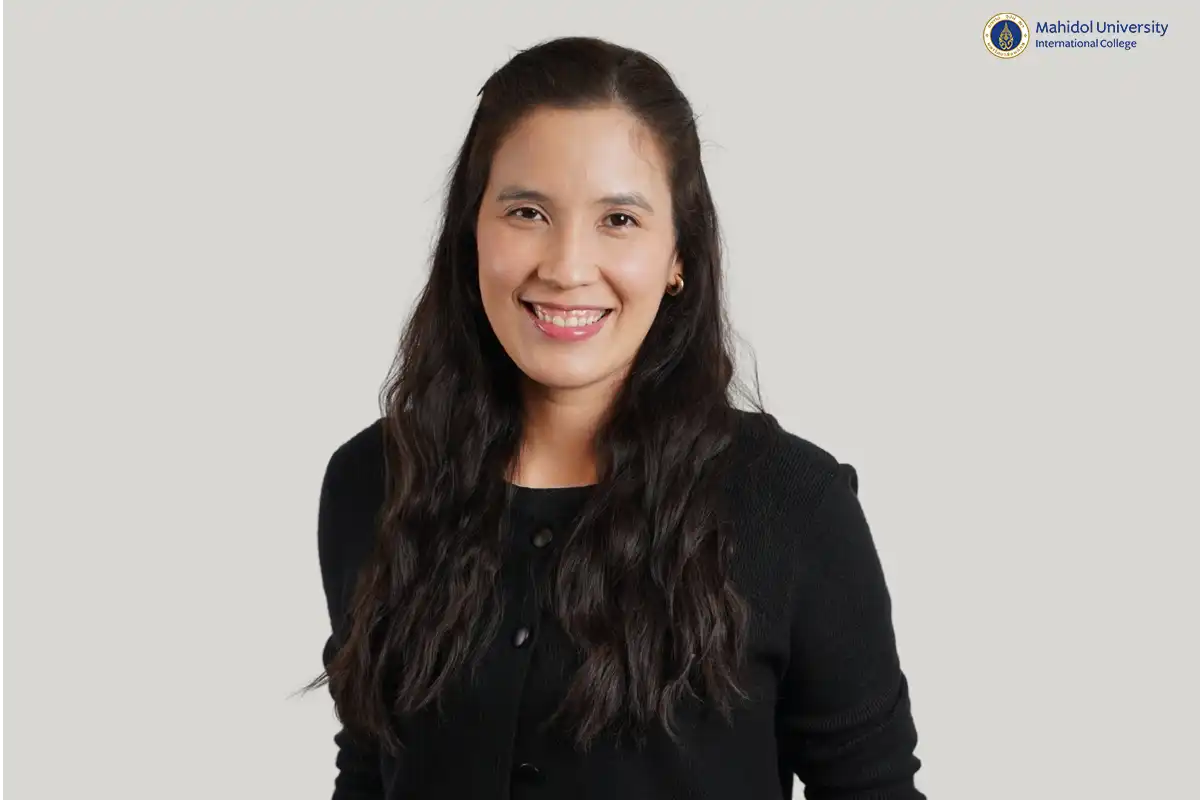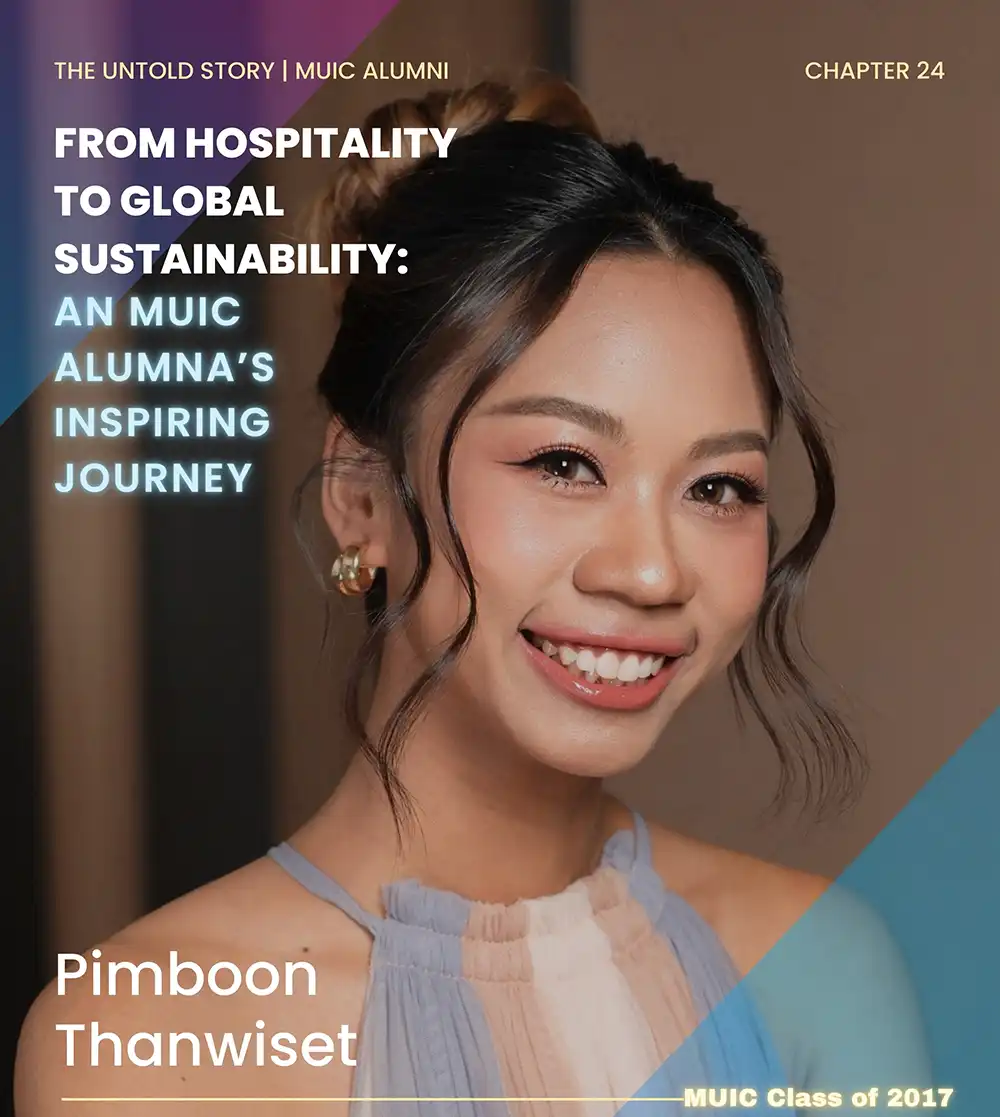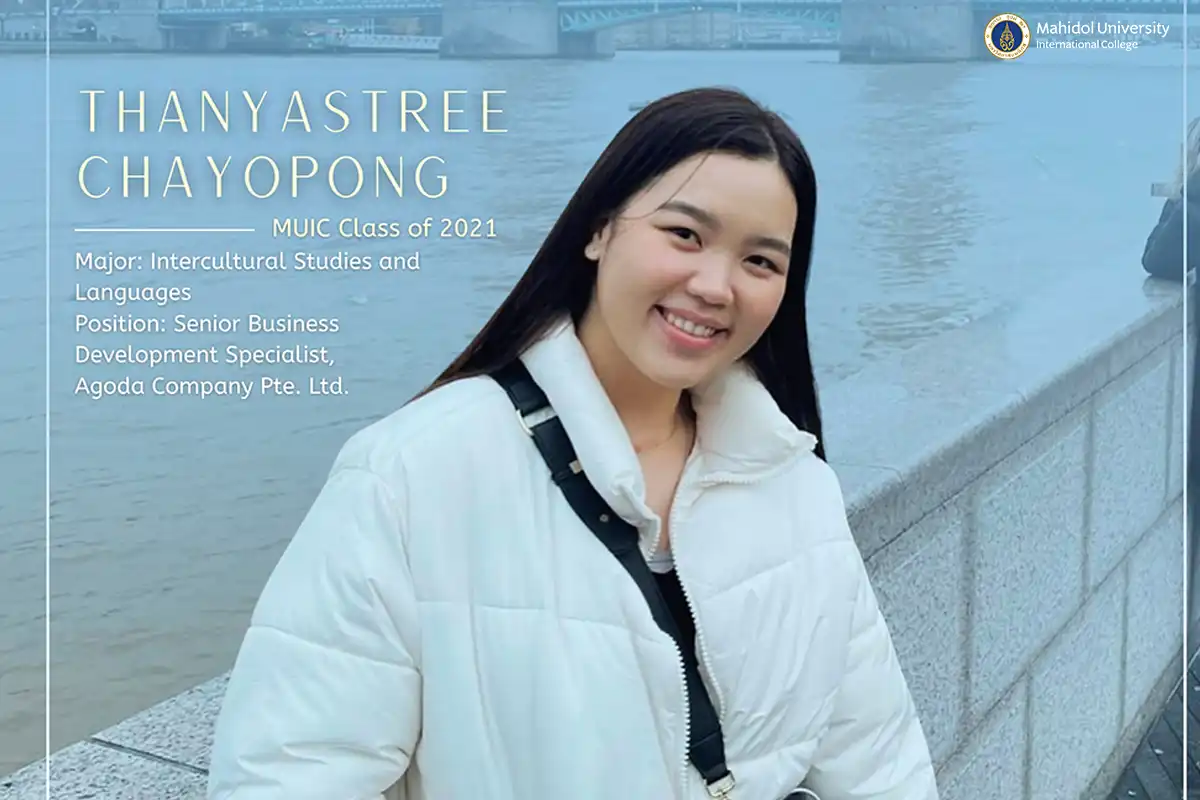Mental Health during COVID-19
June 1, 2020 2020-06-01 2:37Mental Health during COVID-19
So, we are here, in the middle of a pandemic that we did not ask for or saw coming. The virus that knows no bound has caused a global stir and life has taken at least a 180 degree turn for most of us. An easy way to put it is “We are in it together.” However, that does not mean it is easy.
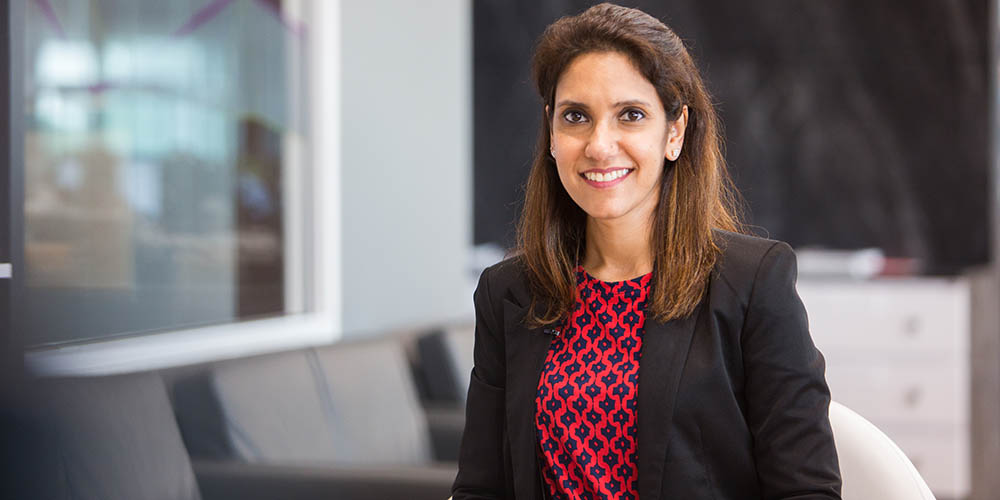
I am not an expert on respiratory diseases. However, I can tell you a bit about mental health and the impact of uncertainties around us. Ask people to name their feeling words and you are likely to hear a rainbow of descriptions, like grief, confusion, panic, contentment, and worry. New terminologies like “social distancing”, “shelter in place”, “working from home”, and “new normal” are used more than anything we have religiously followed before.
Neurologically speaking, your brain listens to what your body does, and vice versa. There is a word for it — “Psychosomatic” (relationship between psycho = mind; and soma = body). This is the relationship between your physical and mental health. Let’s look into what we can do with our mind and body that can create a healthy impact on each other.
Some of the toolkit to survive these times:
When you can’t go out, go in. It is normal to feel confined in space when you are used to the physical freedom. If you have not looked into the universe inside of you, this is a perfect time to do so. You can expand or stretch (literally) to feel more open. Some useful ideas:
Read – broaden your imagination.Watch documentaries about the world – expand your horizon.
Yoga – stretch your body.
Sing – develop your voice.
Laugh – expand your lungs.
2. Identify and acknowledge your feelings and those of others around you. The situations are not normal. It is okay to have feelings that you don’t normally feel. It is also perfectly okay for two opposite feelings, and multiple other feelings, to exist together. For example, you may feel worried, fearful, anxious, confused and grateful all at the same time. Allow yourself to feel them. Beware not to catastrophize your negative feelings.
3. Practice self-compassion. Self-compassion is the ability to turn understanding, acceptance, and love inward. (I can talk about this for hours, may be another article).
4. Ask yourself “What can I do?” We are so focused on all the things that are not accessible to us and things that we cannot do. It is time to empower yourself with new purpose of the things you can actually do.
Is there something you had put off for “some day when I have time” that you want to get done right now?
Are you in a position to help someone? (Call them, cook for them, play with them, help them with use of technology, stay indoors for them?)
Take the opportunity to connect again at a deeper level with your family.
5. Pick up old hobbies or create new ones. You might have paintbrushes, music instruments or cameras that are collecting dust. It’s time to bring them out.
6. Choose what you consume. I don’t just mean what you eat. But also what you hear, and what you read. In this day and age, we are surrounded by an influx of inescapable information. Be wise about how much time you spend reading or listening to the news, the quality and the source, and the feelings and thoughts that they cause. Because you are what you eat (consume).
7. Dress up. It is easy to sit in pajamas all day. Believe me, you will feel a world of a difference when you dress like you are about to step out. A fun thing to do might be to get dressed and take pictures with your family, or meet them for a dinner date online if you live far away.
8. Practice Gratitude. Social distancing, washing your hands, shopping online, are some luxuries many people cannot have. It won’t take much to realize that if you have a shelter, food, and company of your family that you are luckier than most others.
9. Last but not least, remember that this is a global pandemic, not a productivity contest. It is okay to just be.
Suniti Barua, Ph.D.
(Business Administration, MUIC Class of 2000)
Licensed Clinical Psychologist at Yellow Rose Counseling and Assessmen
